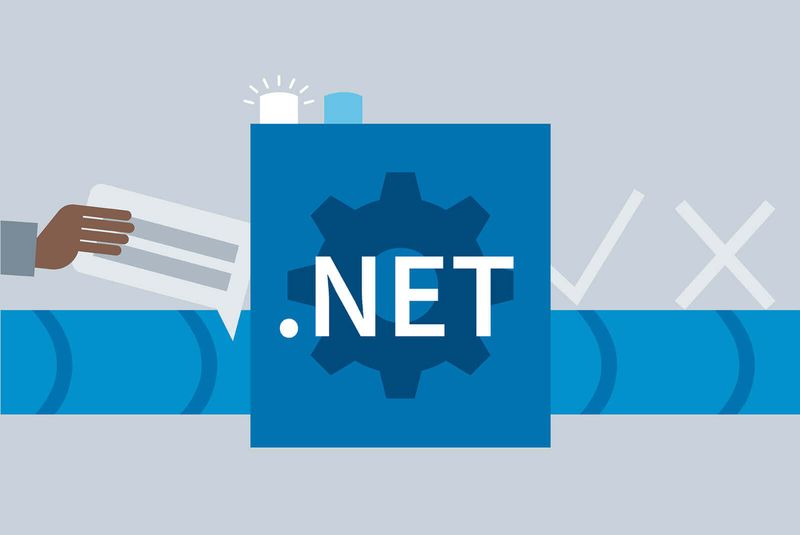Best Tools For Creating Powerful .NET Web Apps
Posted on March 11th, 2019
Microsoft's ASP.NET, an open source web framework, facilitates the development of dynamic websites as well as applications. The structure has proven its mettle as an excellent resource for the development of modern web services and apps capable of offering high levels of not only performance but also scalability.

Considering its popularity, it comes as no surprise that the .NET framework is utilized by millions of programmers across the globe for various development projects. It, in turn, has encouraged the emergence of a variety of third-party development tools that deliver exceptional assistance while creating custom web apps. Now, there are multiple .NET tools available in the market that claim to provide valuable help to developers. Also, while they may all seem robust and essential, it is crucial that you pick such tools by your goals as well as expertise. To further make it easier to choose tools for your arsenal, we put together a list that eases the development of web apps.
- Microsoft Web Platform Installer: A free package management software, the Microsoft Web Platform Installer makes it simple to access the Microsoft Web Platform's newest components. It includes SQL Server Express, IIS, Visual Web Developer, and .NET Framework among others. Furthermore, this system ensures developers are acquainted with the latest by automatically installing the newest versions available of every component.
- Web Essentials for Visual Studio: The Web Essentials extension for Visual Studio enhances the central functionality of Visual Studio with more robust and productive features, such as improved Intellisense for HTML, JavaScript, or CSS, more, and task shortcuts. Suffice it to say that Web Essentials is a crucial resource for developers working with Visual Studio and can significantly improve productivity.
- NuGet: A package manager for .NET, NuGet enables developers to access several third-party libraries or even create and share their tools. Currently, NuGet has more than 98 thousand packages, which makes it the biggest database of third-party components meant for .NET.
- .NET Reflector: It is a decompiler as well as a static analyzer for the .NET framework and empowers developers to both understand as well as debug their .NET code, including third-party components, even if developers have neither comments or any documentation. Simply put, .NET Reflector offers robust insight into the assembly configuration and code activity during decompilation.
- LINQPad: This tool provides a safe place for developers to test either their LINQ queries or any F#, Visual Basic, or C# program. LINQPad gets an in-built debugger along with autocompleting features, thus making it an ideal platform for prototyping with immediate feedback. Experts believe that LINQPad is a vital tool for any developer who wished to experiment with LINQ. Besides that, it also helps developers test snippets of code before they add them into their code.
Any experienced and dedicated .net developer would tell you how such supplementary tools can liberate one from mundane tasks and automate various others, effectively streamlining overall performance. However, remember that the .NET tools you select should be based on either the task at hand or a specific situation you might be looking to address.